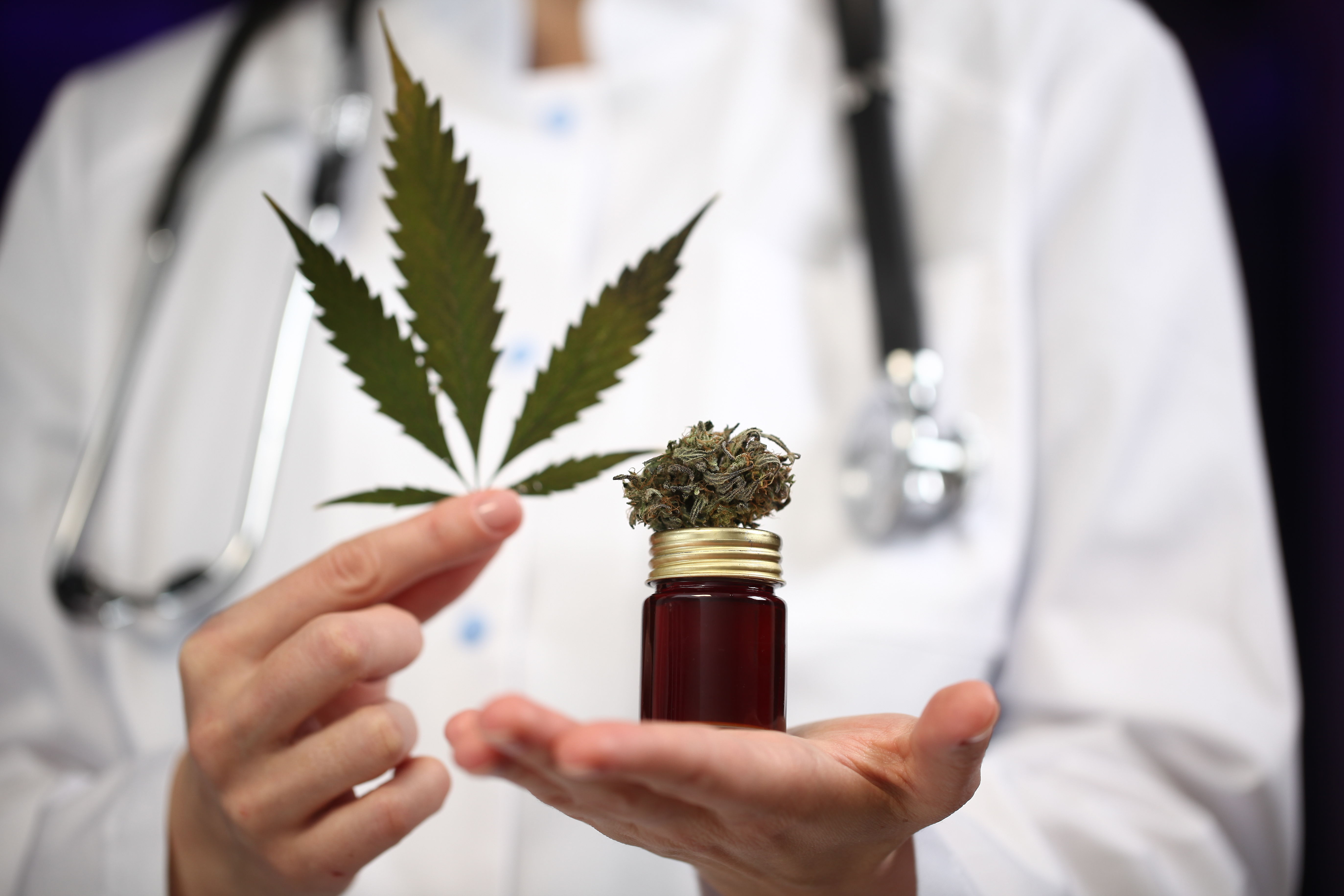How Medical Marijuana Can Transform the Healthcare Sector
Medical marijuana refers to the use of the cannabis plant or its active compounds, such as tetrahydrocannabinol (THC) and cannabidiol (CBD), for medicinal purposes. Unlike recreational marijuana, which is used for recreational purposes, medical marijuana is used to treat a variety of medical conditions and alleviate symptoms.
The use of medical marijuana has been around for centuries, with evidence of its medicinal properties dating back to ancient civilizations. In recent years, however, medical marijuana has gained recognition as a legitimate form of medical treatment, with many countries and states legalizing its use for medical purposes.
Medical marijuana has been a hot topic of discussion for several years, with many people recognizing its potential to transform the healthcare sector. In this blog, we'll explore how medical marijuana can have a positive impact on the healthcare industry and how it has already begun to revolutionize the way people approach treatment and management of various medical conditions.

Pain management: One of the biggest benefits of medical marijuana is its ability to manage pain effectively. Many patients who suffer from chronic pain have reported significant relief after using medical marijuana, and it has been found to be an effective alternative to traditional pain management methods such as opioids. With the opioid epidemic continuing to ravage communities across the country, medical marijuana offers a safe and effective alternative for pain management.
Treatment of neurological disorders: Medical marijuana has also been found to be effective in treating neurological disorders such as multiple sclerosis, epilepsy, and Parkinson's disease. Patients with these conditions have reported significant improvement in their symptoms after using medical marijuana, and it has been found to be an effective alternative to traditional treatments that have significant side effects.
Management of mental health conditions: Medical marijuana has also been found to have a positive impact on mental health conditions such as anxiety, depression, and post-traumatic stress disorder (PTSD). Many patients have reported significant improvement in their symptoms after using medical marijuana, and it has been found to be an effective alternative to traditional treatments such as anti-anxiety medications and antidepressants.
Improvement in quality of life: Medical marijuana has also been found to have a positive impact on the quality of life for patients with a variety of medical conditions. Patients who use medical marijuana have reported significant improvements in their overall health and well-being, and it has been found to have a positive impact on their ability to manage their symptoms and live a more fulfilling life.
Cancer-related symptoms: Medical marijuana has also been found to be effective in alleviating the symptoms of cancer, such as pain, nausea, and loss of appetite.
In conclusion, medical marijuana has the potential to revolutionize the healthcare industry and improve the lives of millions of patients. With its ability to manage pain effectively, treat neurological disorders, improve mental health, and improve quality of life, medical marijuana has already begun to transform the way people approach treatment and management of various medical conditions. As more research is conducted and more states legalize medical marijuana, it is likely that we will continue to see the positive impact that medical marijuana can have on the healthcare sector.
Here you can find our blog source: How Medical Marijuana Can Transform the Healthcare Sector
Welkom bij
Beter HBO
© 2024 Gemaakt door Beter HBO.
Verzorgd door
![]()
Je moet lid zijn van Beter HBO om reacties te kunnen toevoegen!
Wordt lid van Beter HBO